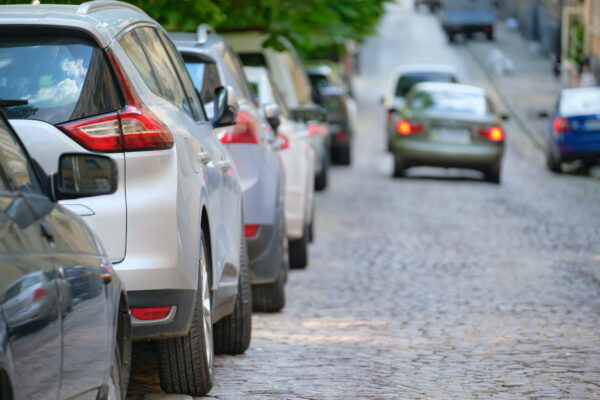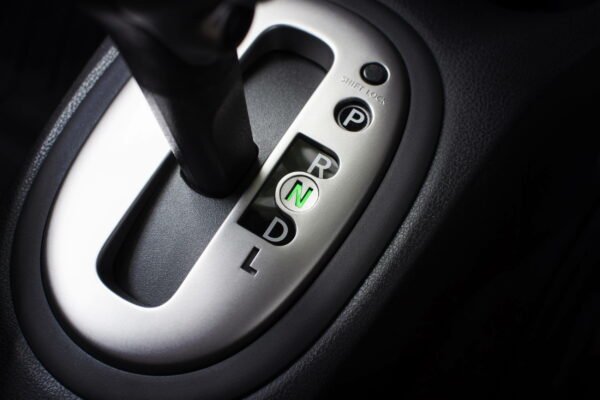Some people mistakenly believe that coasting in neutral or when you push the clutch in, is safe and saves fuel. Neither beliefs are true.
Fuel use
Coasting actually increases fuel usage in modern vehicles. When you are in gear and you lift your foot off the accelerator, the engine’s electronic control unit (ECU) cuts fuel from the fuel injectors. The wheels continue to turn and keep the engine turning because they are connected via the gearbox. This means that you use virtually no fuel when the accelerator is lifted and you are in-gear.
However, if you take your vehicle out of gear and take your foot off the accelerator, the engine has to keep on turning otherwise it would stall. This is the same as idling and uses fuel; the engine can’t draw the power it needs from the wheels turning.
Old vehicles which use carburettors don’t have the electronic control to shut off the fuel when coasting as it’s a mechanical method of metering fuel.
Safety and control
When in-gear, the engine provides resistance, or ‘engine braking’, which makes you slow down, unless the gradient of the slope means that gravitational forces can overcome the resistance forces of the engine braking.

If you are in neutral or coasting with the clutch in, there’s no resistance to the gravitational forces and it’s likely that the vehicle will gain speed. To stop this, you need to use brakes. Brakes can overheat quickly on long downhill slopes, causing brake fade. Using engine braking preserves the brakes, meaning they don’t wear out so quickly.
If you are in neutral, you have no ability to add power without first putting it in gear; there are scenarios where you might need to accelerate to avoid danger.

Is coasting illegal?
Coasting while not in gear is not illegal, but it is not recommended. As you are not technically fully in control of your vehicle, if you have an accident while coasting, your insurance company might refuse to pay out. You might also be fined up to £1000 due to not being in control of your vehicle.
More guidance is given in rule 122 in the Highway Code. Basically, there is no advantage whatsoever in coasting, so it’s best to leave it in gear.
